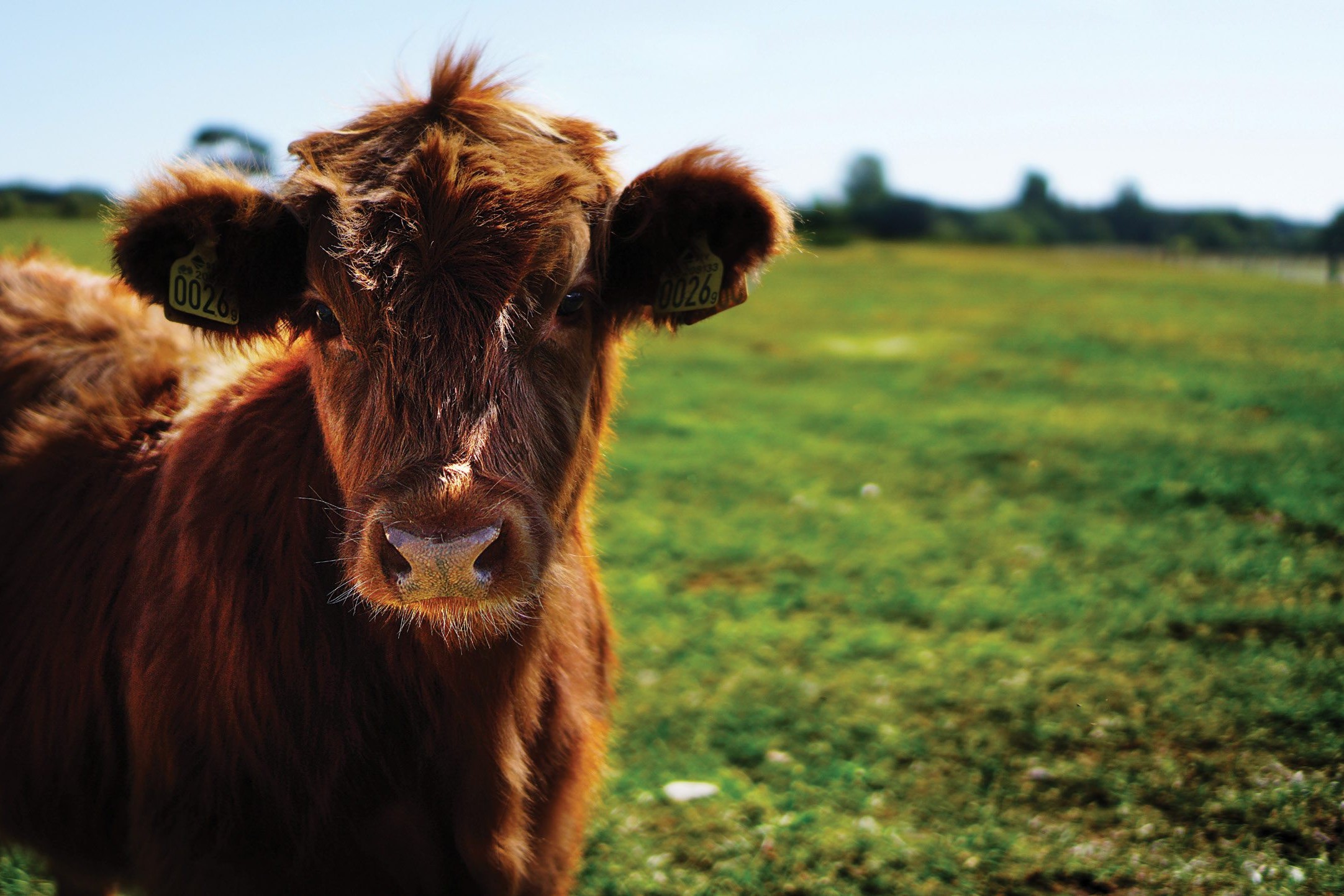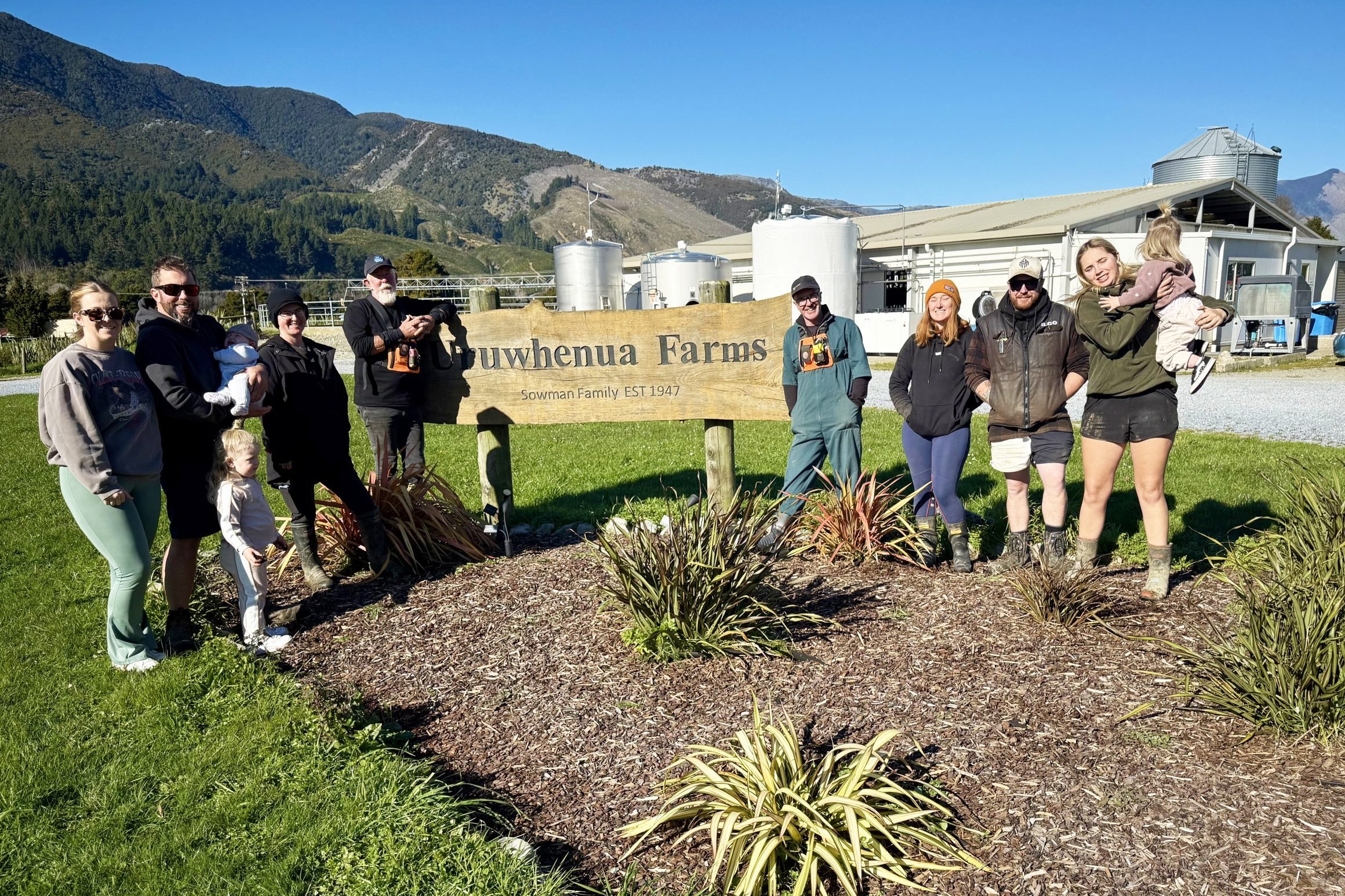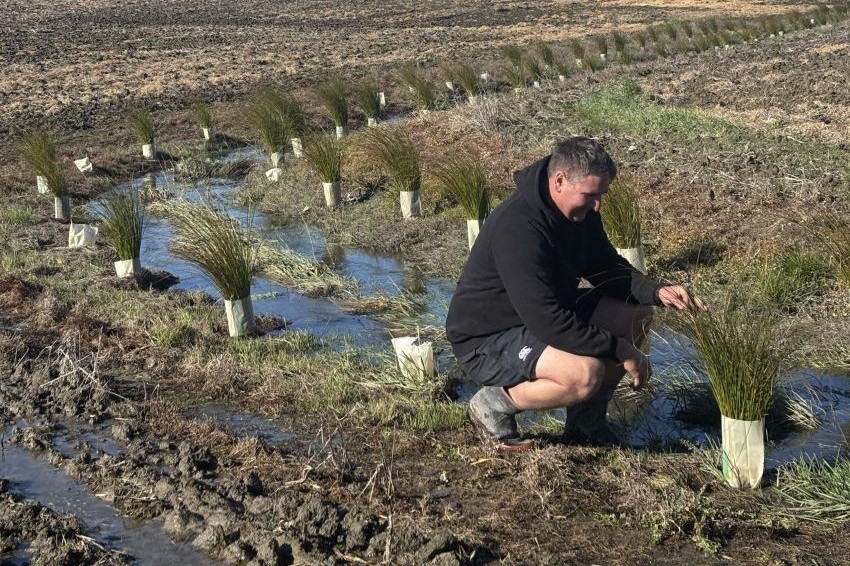Lessons to learn from Ireland
Lincoln University scientist Nic Lees looks at Ireland’s Origin Green programme, how it is implemented in the Irish beef industry and its relevance to New Zealand.

Lincoln University scientist Nic Lees looks at Ireland’s Origin Green programme, how it is implemented in the Irish beef industry and its relevance to New Zealand.
Compared to Ireland, the New Zealand beef industry has been slow to implement important programmes such as the measurement of farm-level carbon footprints, traceability and consistent quality assurance standards.
Origin Green is Ireland’s food and beverage sustainability programme and brand, and claims to be the world’s only programme of its type that operates at a national scale. Launched in 2012, it aims to set measurable sustainability targets involving all parts of the supply chain from farmers and processors through to food service and retail.
The programme needs to be understood in the context of the work of Bord Bia (the Irish Food Board). This organisation was established in 1994 from a merger of the Irish Meat and Livestock Board and the food promotional activities of the Irish Trade Board. Later it incorporated the horticultural and seafood sectors. Bord Bia’s primary function is to promote, assist and develop the marketing of Irish food and beverage products.
Bord Bia receives about €70 million (NZ$112m) in funding, representing about 0.5% of the €14.5 billion ($NZ23b) value of Irish agri-food exports. The only non-governmental funding is from a statutory farmer levy of NZ$9.5m. Most of Bord Bia’s income is used for marketing and promotions and the remainder is spent on specific projects and operating expenditure. A total of €5.9m ($NZ9.5m) is allocated to the Origin Green quality assurance schemes.
The foundation of the Origin Green certification was the Irish beef quality assurance and traceability schemes. It was originally developed in response to pressure from large retailers, as well as the outbreaks of bovine spongiform encephalopathy (BSE) (1984-2008), and foot and mouth disease (2007). They set standards for traceability, food safety, hygiene, health and safety and animal welfare.
The significant change to these quality assurance schemes with the introduction of the Origin Green was the addition of a farm-level measure of carbon footprint.
Other sustainability measures included are water use efficiency, biodiversity, and energy efficiency.
The addition of a carbon footprint measurement was in response to several published studies on the impact of the livestock sector on greenhouse gas (GHG) emissions. These questioned the sustainability credentials of the Irish beef production system. This highlighted the need to develop verifiable industry data to measure GHG emissions and establish a basis for demonstrating progress.
Measurement of a farm-level carbon footprint uses the Carbon Navigator – a tool developed by Teagasc (Agriculture and Food Development Authority). The carbon footprint scheme is certified by the internationally recognised Carbon Trust and utilises methodology aligned to specific standards – GHG protocol product standard PAS 2050 and ISO 14067.
These methodologies use a life cycle assessment approach and are based on the Intergovernmental Panel on Climate Change guidelines. Food and drink manufacturers are independently verified by international auditors, Mabbett and Associates.
To measure carbon footprint, data is collated from several different sources. This includes the Department of Agriculture’s animal identification and movement system, the Irish Cattle Breeders Federation database, and slaughter weights from the beef processors. Additional data is collected from Bord Bia’s quality assurance audit, which requires farmers to record information on all farm inputs and outputs.
Following each audit, the farmer receives a sustainability report showing the results and feedback on the farm’s performance, with reassessments every 18 months. This report identifies areas that can improve the carbon footprint of their farms by evaluating key efficiency areas. These include extended grazing, calving rate, daily live weight gain, improved economic breeding index (EBI), nitrogen efficiency, slurry management and energy efficiency.
Importance of Origin Green in the marketplace
Origin Green aims to be an umbrella for all that the Irish food and beverage industry is doing in the sustainability space.
Beef industry leaders have stated that the carbon footprint data is important because it enables the beef industry to measure and demonstrate its environmental credentials.
Like New Zealand, Ireland has always traded on its ‘green’ island environment. However, the Irish beef industry found this perception is no longer sufficient and they now need to demonstrate this is true. Origin Green is seen as a way of future-proofing the sector and ensuring Irish beef continues to be competitive in a changing environment.
From a market perspective, farmers have said it is difficult to evaluate the impact of the Origin Green brand, especially for returns at the farm gate.
They are aware the Irish industry is dependent on large retail customers such as Tesco and McDonalds and therefore they set the rules. As a result, they felt Origin Green has become a standard they require rather than something that provides a premium.
Those who are closer to the market through involvement with branded products, such as Hereford or Angus, are more positive about the benefits. Some farmers are also concerned that all farmers are treated equally and there is no premium for those who have a lower carbon footprint.
Most farmers commented on the significant additional information required for carbon footprint measurements. Many considered this to be time-consuming and not very relevant to their farm business. However, with increasing environmental regulations there is greater acceptance of the need to record and demonstrate environmental sustainability measures.
Some highlighted the benefit of the report in identifying areas where they could be more efficient. This seemed to be a more important motivation than specific environmental concerns.
Although Origin Green may not have achieved all its primary goals, there are several positive outcomes:
- The programme has taken a proactive approach to the environmental impacts of beef production and in particular carbon emissions. Origin Green introduced the farm-level carbon footprint measurement in 2012, which was well ahead of any other beef-producing country. This provided evidence that the industry was taking its environmental impacts seriously and was trying to address its sustainability issues
- It has been able to produce independently verifiable data with which to engage in the debate on the impact of beef production on the environment. Without this, the industry would be vulnerable to data produced from outside the beef industry and would not be able to question the validity of these studies
- It has identified some key areas where farmers can make changes to their production system that improve both environmental outcomes and farm efficiency
- It has helped the industry engage with stakeholders, especially the large retail customers and supports them with their own sustainability agenda. This has helped keep Irish beef in a competitive position in markets where there is strong competition from local beef.
Relevance to NZ
Despite some of the challenges in implementing Origin Green, there are significant lessons relevant to NZ’s efforts to verify and communicate its sustainability credentials. Bord Bia and the Origin Green programme have enabled the Irish beef industry to be proactive about traceability, quality assurance, measuring GHG emissions and promoting its sustainability brand. It has also been able to extend this across all its food and beverage exports. In this respect, Ireland is well ahead of NZ.
NZ does not have an equivalent food sustainability programme that includes a farm-level carbon footprint measurement. These are under development but are still several years away from being fully implemented.
For example the B+LNZ Environment Strategy and Implementation Plan aims to have a system for farm-level accounting and reporting of agricultural emissions in place at the farm level by 2025. Another document that outlines the commitment of primary sector industries to mitigate climate change is He Waka Eke Noa – Our Future In Our Hands: Primary Sector Climate Change Commitment. This proposes that all farms will have an emissions reporting system in place by 2025. This highlights how NZ tends to respond to government regulation rather than taking a proactive approach.
Ireland has had animal traceability systems and quality assurance schemes in place since the 1980s. In the Irish scheme any animal can be located through its ear tag. It is a legal requirement that every time an animal moves, farmers are required to enter the new location of the animal in the system.
In contrast, the NZ National Animal Identification and Tracing (NAIT) scheme was introduced in 2012. There was considerable opposition from farmers and farmer organisations who saw it as an additional cost on their business for no tangible gain. They were also concerned about the privacy of data and how government agencies might use this.
As a result, the Ministry for Primary Industries (MPI) introduced the scheme with no mandatory recording. It was not until the recent incursion of Mycoplasma bovis that serious deficiencies in the traceability system were identified. Since then, there has been a major review of NAIT with a number of the recommendations implemented to strengthen the system.
NZ has also been behind Ireland with its quality assurance schemes for beef and lamb. The NZ Farm Assurance Programme (NZFAP) introduced in 2017 was the first comprehensive industry-standard farm assurance programme. Before this, farmers had to meet the requirements of multiple farm assurance schemes depending on the specific processor or customer requirements. Many of these schemes were similar but often required multiple audits on the one farm.
In contrast to the Irish industry, the NZ red meat sector has struggled to develop a coordinated industry strategy or national branding programme that provides verifiable sustainability measures or has the ability to communicate the unique characteristics of our natural production systems. Recent initiatives, such as the B+LNZ Taste Pure Nature, aim to address this but with limited resources and only in select markets.
Despite the shortcomings of Origin Green, it highlights the opportunity for NZ to develop a similar sustainability brand. It also shows the potential to extend this beyond just the beef industry and bring together all NZ’s food exports. Furthermore, the Irish experience has highlighted the need for an agency or organisation to provide leadership across the food sector to implement change.
Without this leadership it is likely that this country will continue to struggle to introduce a unified food strategy or respond to the repeated calls for a NZ food sustainability brand.
- Dr Nic Lees is a senior lecturer in agribusiness management and director of the Lincoln University Agribusiness and Food Marketing programme. Email: nic.lees@lincoln.ac.nz.
Dr Lees’ project was partly funded by AGMARDT. During his time in Ireland he was hosted by the University College Dublin. For a copy of the full report please email the author.




